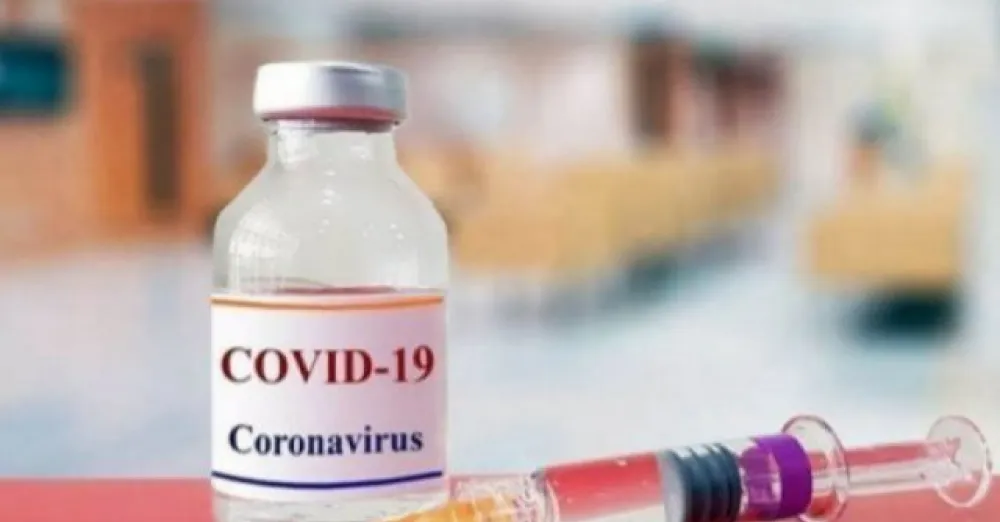
Bangladesh has no vaccine available for the newly detected sub-variants of the Omicron strain of Covid-19, although 3.2 million doses of older vaccines remain in stock with a few months’ shelf life, according to the Directorate General of Health Services (DGHS).
Covid-19 infection rates have seen a recent uptick across the country over the past month.
Data from the Institute of Epidemiology, Disease Control and Research (IEDCR) shows that out of 1,409 samples tested in May, 134 were positive — an infection rate of 9.51 percent, the highest recorded from January to May 2023.
Genome sequencing of positive samples confirmed the presence of new Omicron sub-variants XFG and XFC, previously undetected in Bangladesh.
The DGHS noted that these new sub-variants exhibit higher transmissibility compared to previous strains. Between January and June this year, seven Covid-related deaths were reported — all occurring in the first 17 days of June.
Patients are again being admitted to the specialised Covid hospital in Mohakhali, and the demand for tests is rising.
This resurgence has prompted questions regarding the availability and efficacy of vaccines.
Despite the rising infections, no new vaccines specifically targeting the sub-variants have been imported and no vaccine committee has yet been formed.Halimur Rashid, Line Director of the Communicable Disease Control (CDC) unit at the DGHS, told UNB, “In total, there are around 3.2 million doses of vaccines.
According to the 2024–25 US-CDC guidelines, the available vaccines are applicable for Omicron variants. Besides, the previously used vaccines in Bangladesh can still be administered.”
When asked whether any new vaccines have been brought in to tackle the sub-variants, Rashid said, “No new vaccines for the sub-variants have arrived so far. However, the process of procurement is ongoing. A vaccine committee will be formed soon to make a prompt decision.”Despite the rise in cases, public interest in vaccination remains low. “There are various rumours about vaccines that have no scientific basis,” said Rashid, adding, “People can still get vaccinated by visiting designated centres.”
Official records show that only 43 people received a Covid-19 vaccine in the first three months of this year, with 7 receiving the first dose, 5 the second dose, 16 the booster dose, and 15 a fourth dose.
Data also indicates that those who have never received any Covid vaccine are the least likely to seek vaccination now.Health authorities maintain that mass vaccination is not currently necessary. Only certain vulnerable groups are being advised to get vaccinated.
Speaking at a recent press conference, DGHS Director General Dr Abu Jafar stated that individuals who are frontline workers involved in public-facing jobs and those with compromised immune systems should receive the vaccine if they have not yet done so.
He also advised that people over 60, those with comorbidities and those with weakened immunity should take another dose six months after their last jab.
In addition to vaccines, the DGHS has already begun distributing detection kits to hospitals nationwide and is preparing hospital beds for potential admissions.
When asked whether the current rise in cases warrants public alarm, Professor Mahmuda Yasmin of the Department of Microbiology at the University of Dhaka said, “Although the infection rate is increasing, the situation is not yet alarming.”
Experts, however, stress the importance of early preparedness to combat the spread of new sub-variants. They note that with sufficient preparation, both infection and mortality rates can be minimised.
According to DGHS data, more than 29,500 people have died of Covid-19 in Bangladesh to date.
Although the fatality rate remains low compared to the number of detected cases, the virus continues to pose a public health concern.
Since the beginning of the pandemic, Bangladesh has reported a total detection rate of 13.05 percent, with a recovery rate of 98.42 percent and a mortality rate of 1.44 percent per 100 confirmed cases.source : UNB
